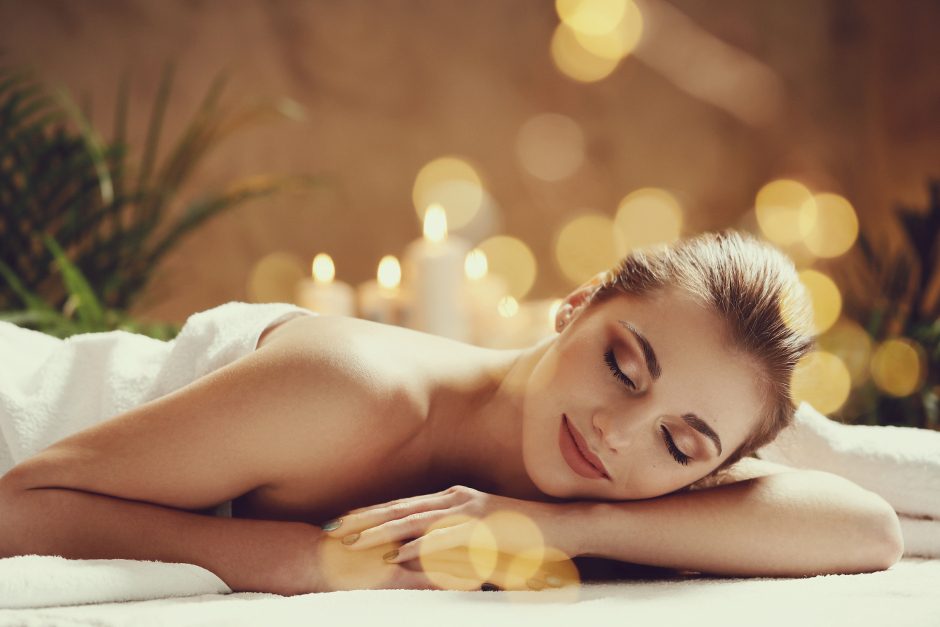Natural, non-toxic skincare and beauty products are on the rise as consumers question what’s going into their bodies.
Depending on your personal grooming routine, experts estimate that women can put up to 500 different chemicals into their bodies, from cleansers, moisturisers and make-up, before they leave the house in the morning. Like the organic and “clean” food movement before it, “clean” beauty products are a focus for many consumers who are concerned by evidence suggesting that the toxins and chemicals found in traditional beauty products affect your long-term health.
Aware, alarmed or time for a tinfoil hat
In some countries, the personal care industry is largely unregulated with many companies packing everyday products, such as mascara, face wash and shampoo with toxic ingredients, including known carcinogens and endocrine disruptors. Reassuringly, most of the global beauty brands and health authorities in Europe, the United States, Australia and a few other countries have banned any chemicals of concern or regulate the quantities that can be used so they don’t cause any harm.
Yet hearing carcinogens or endocrine disruptors can be used safely does sound alarming and on first thought, they don’t sound like substances you would associate with health and beauty. They probably aren’t but most toxicologists and dermatologists advise the big brands are safe to be used as directed. Moreover, most of the products are used so briefly (like shampoo) that they wouldn’t be able to penetrate the outer layer of the skin.
Ingredients or Periodic table?
So how do you know if a product is “clean” if you want to go down the chemical-free path? Due to the beauty industry being able to make some fairly broad claims in its marketing, words such as “Natural”, “green”, “eco-friendly” have no enforceable definition, and it’s often the case that what’s advertised on the front doesn’t really match the label on the back.
To avoid confusion when buying “clean” products, some organic and natural beauty experts use the adage “If you can’t eat it, don’t put it on your body”. Another approach is to read the list of ingredients and if you can’t pronounce them, or they sound like a school chemistry test then it’s probably not a “clean” beauty product.
How to shop “natural”
Thanks mainly to social media, a driving force behind the “clean” beauty campaign, there are now plenty of dedicated natural beauty websites. These websites (both good and bad) are easy to find online with a simple search no matter where you are in the world and sell their wares at a variety of price points. Most of them market themselves as making it easy to buy “clean, toxin-free”products, stocking only 100 per cent natural products but if you’re unsure, it’s probably best to consult a medical practitioner.
Karma is committed to respecting our bodies and the environment, using natural, local ethically sourced ingredients in our spa treatments. See our latest range of Karma Spa products at Karma Kandara, Karma Jimbaran, and Karma Rottnest spa, opening September 2018.


Recent Comments